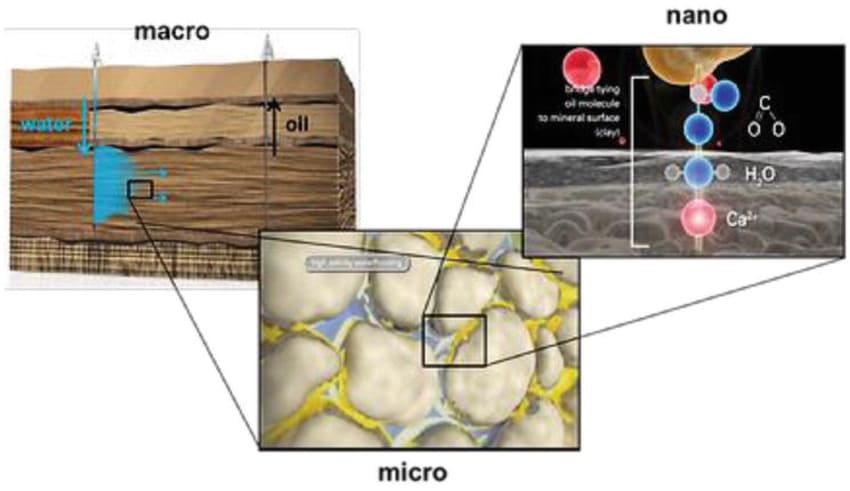
Telecommunication Engineering
Telecommunications Engineering is an engineering discipline
centered on electrical and computer engineering which seeks to support and
enhance telecommunication systems. The work ranges from basic circuit design to
strategic mass developments. A telecommunication engineer is responsible for
designing and overseeing the installation of telecommunications equipment and
facilities, such as complex electronic switching systems, and other plain old
telephone service facilities, optical fiber cabling, IP networks, and microwave
transmission systems. Telecommunications engineering also overlaps with
broadcast engineering.
Telecommunication is a diverse field of engineering connected
to electronic, civil and systems engineering. They help find the cost of money
for different types of computers and technological objects. Ultimately, telecom
engineers are responsible for providing high-speed data transmission services.
They use a variety of equipment and transport media to design the telecom
network infrastructure; the most common media used by wired telecommunications
today are twisted pair, coaxial cables, and optical fibers. Telecommunications
engineers also provide solutions revolving around wireless modes of
communication and information transfer, such as wireless telephony services,
radio and satellite communications, and internet and broadband technologies.
- Analog Electronic Circuits
- Digital Electronic Circuits
- Network Analysis
- Electronic Instrumentation
- Signals & Systems
- Engineering Mathematics
- Microcontroller
- Control Systems
- Fundamentals of HDL
- Linear ICs & Applications
- Digital Signal Processing
- Analog Communication
- Transmission Lines & Antennas
- Digital Switching Systems
- Fundamentals of CMOS VLSI
- Analog Communication
- Digital Communication
- Microprocessors
- Antenna and propagation
- Microwaves & Radar
- Information Theory & Coding
- Computer Communication Networks
- Optical Fiber Communication
- Wireless Communication
- DSP Algorithms & Architecture
- Optical Communication Networking
- Global system for mobile communication
- Solid State Electronic Circuits
- Probability and Random Process
- Transforms and Boundary Value
- Transmission Line Theory and Network Analysis
- Analog Integrated Circuits
- Electron Devices
- Digital Electronic Principles
- Electromagnetic Theory & Waveguide Components
- Discrete Mathematics
- Telecommunication Switching Methods
- Minor Project
- RF Microcontroller Design and Interfacing
- Digital Communication Principles
- Microwave Radio & Optical Fiber Communications
- RF Circuits for Telecommunications
- Information Theory and Coding
- Satellite Communications
- Network Analysis and Synthesis
- Data Communication Networks
- Digital Design and Modeling using HDL
- Spread Spectrum and Multicarrier Techniques
- Wireless & Cellular Telecommunications
- Broadband Communications
- Multimedia Signal Processing
Recent Published
Submit Manuscript
To give your manuscript the best chance of publication, follow these policies and formatting guidelines.


